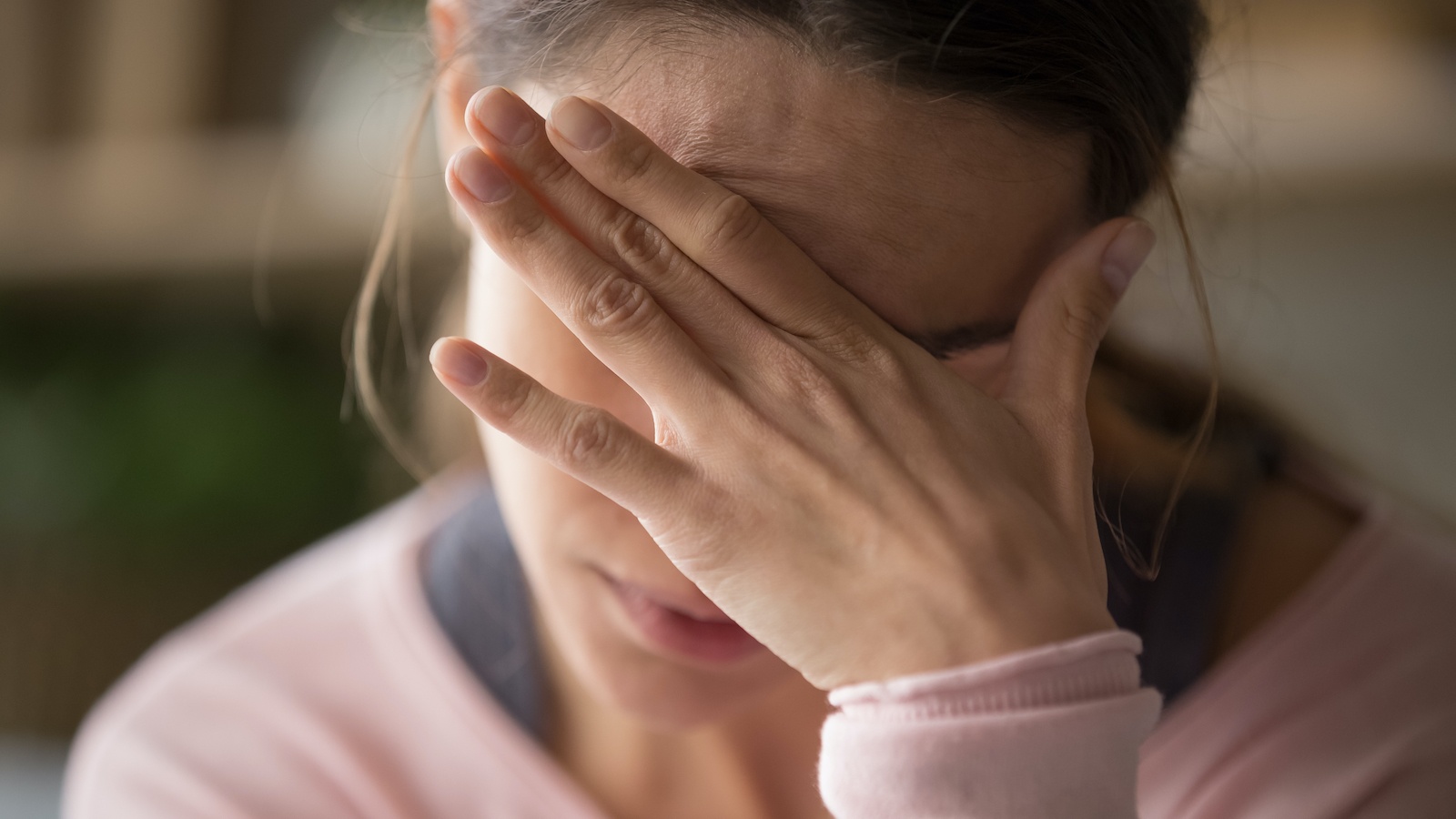How to Reduce Stress: 4 Things You Can Do Right Now
If you're anything like me you've likely experienced stress at different times in your life. It may be an instinctive reaction to a situation that has felt threatening, or it may be prolonged and chronic from lifestyle habits that are well within our control but we let our daily stress reduction rituals slip.
Whatever the reason, this kind of prolonged stress can bring about a whole host of illnesses and imbalances within the body. We talk a lot about this in Transcendence Season 1 with experts like Bruce Lipton, Joe Dispenza, and Wim Hof (you can stream the film free here for a limited time only).
When left unaddressed, it often manifests as a chronic disease. But whether we are sick or not, what matters the most is how we handle stressful situations when they arise. We all have different ways to cope when anxiety rises or the pain of uncertainty sets in. But if you’re not sure where to begin here are four scientifically proven strategies to help you reduce stress and anxiety in your life:
I recently spoke with the incredible Dawson Church, Ph.D., one of the incredible experts featured in Transcendence, about some of the natural ways we can deal with stress and anxiety when they arise. Dawson is one of the foremost researchers in mind-body healing modalities, including Tapping, and has published numerous scientific papers on the subject. So with the year we’ve had, we thought it was a good time to talk about how to reduce stress.
1. Practice Meditation
Meditation is a daily non-negotiable. It’s such a powerful tool that uses everything we already have inside ourselves, connecting body and mind, breath and awareness, and simple presence to change our current state. Meditation may not just be chanting and sitting on a yoga mat; you could choose to listen to a guided meditation when you wake in the morning, or embark on a walking meditation as you stroll through the park. The key to meditation is consistency, and making a promise to yourself to show up - even if it’s just for two minutes, this has been shown to have a profound effect on the stress response in the brain.
2. Eat Nourishing Foods
The foods that you eat have the ability to be your greatest source of healing, or your greatest source of illness. It’s something that Dawson and I both agree on and have witnessed firsthand. So what foods should you be eating? Here’s the approach that Dawson takes. “I eat clean food, and I eat organic food for the most part,” he said. “Eat quality food and eat local food if you can find it.”
“Then to get more specific, it’s really important to supplement your diet with the proteins, especially the amino acids that will build the precursors for healthy brain function. If you’re a carnivore, that means eating high-quality meat, organic, grass-fed, free-range meat in regular amounts. If you’re a vegetarian, use your protein sources. There are so many wonderful protein sources now available to vegetarians as well as plant-based foods. And then in terms of vegetables, again quality and lots of it. Eat a variety of food, and eat plenty of greens.”
3. Mindful Exercise & Movement
We’ve all heard of that sought-after runner’s high, but why do we actually get it? Endorphins are a chemical reaction that occurs in the brain, and they make us feel good. And when we’re solely focused on our feet pounding the pavement, pushing to get the next mile in, all the stresses outside of that moment seem to disappear. But exercise doesn’t have to be as strenuous as a daily marathon, it’s about taking a moment to reflect and consider what your body and mind need each day. Sometimes that may be a couple of rounds with the boxing bag in the garage to let out some controlled frustration, other times that may be a gentle nourishing yoga flow to calm your soul. Some days that may even be a rest altogether.
4. Start Regular Tapping
Tapping, or EFT, is Dawson’s must-try method. Tapping is a mind-body healing modality that combines ancient Chinese acupressure and modern psychology. He has published numerous scientific papers, with a focus on the remarkable self-healing mechanisms of EFT, and is an award-winning author for his books The Genie in Your Genes, Mind to Matter, and Bliss Brain. Tapping is one of those truly bizarre healing modalities that you have to experience firsthand to see the incredible potential. In just four minutes of Tapping, I have been able to greatly reduce my own levels of stress, and have witnessed countless others do the same.
According to Dawson, the way to have the most profound impact on your health is by pulling across all of these stress-reducing modalities. “Meditation gives you the baseline of wellbeing, and tapping brings you back to that baseline when life happens.”
What are your go-to stress reduction techniques? Let me know in the comments below!









